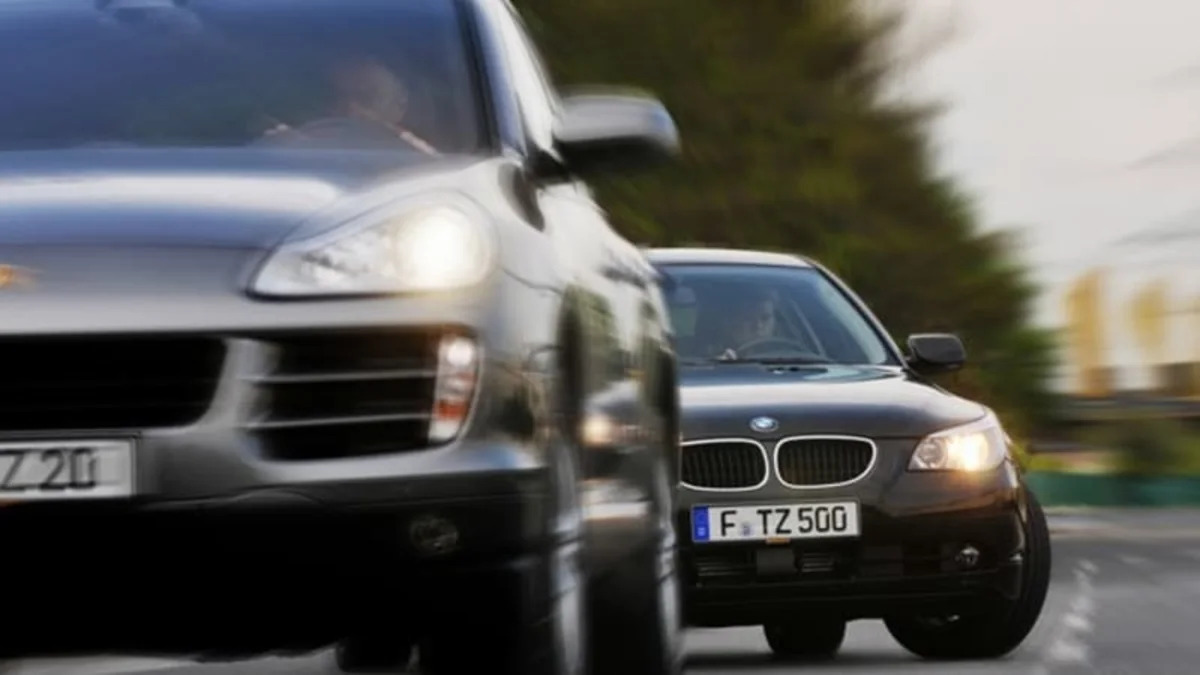Starting last fall, eight carmakers worked with the Department of Transportation on a study assessing drivers' acceptance of accident-avoidance technologies. The initial six-month program in the Connected Vehicle Safety Pilot Program put people on closed roads in cars that communicated wirelessly to issue warnings about lane changes, blind spots, forward collisions and other cars approaching intersections. Of the 688 participants, more than 90 percent wanted the tech in their cars, and that response rate covered just about all age ranges.
But perhaps the most remarkable finding about the study was that in spite of massive favor, none of the participants wanted to have to pay "more than $250" for the technologies. We don't know how the question was phrased, but when an iPod Touch costs $195, adding Ford Sync to a Fusion SE costs $395 and a trip to Disneyland for a family of four can bankrupt a small nation, we're slightly surprised that a suite of potentially lifesaving features isn't even worth considering for more than $250.
The study isn't over yet – the next phase involves 3,000 test cars trying out the features on open roads in Ann Arbor, Michigan. It will begin this fall and run into next year.
But perhaps the most remarkable finding about the study was that in spite of massive favor, none of the participants wanted to have to pay "more than $250" for the technologies. We don't know how the question was phrased, but when an iPod Touch costs $195, adding Ford Sync to a Fusion SE costs $395 and a trip to Disneyland for a family of four can bankrupt a small nation, we're slightly surprised that a suite of potentially lifesaving features isn't even worth considering for more than $250.
The study isn't over yet – the next phase involves 3,000 test cars trying out the features on open roads in Ann Arbor, Michigan. It will begin this fall and run into next year.


Sign in to post
Please sign in to leave a comment.
Continue